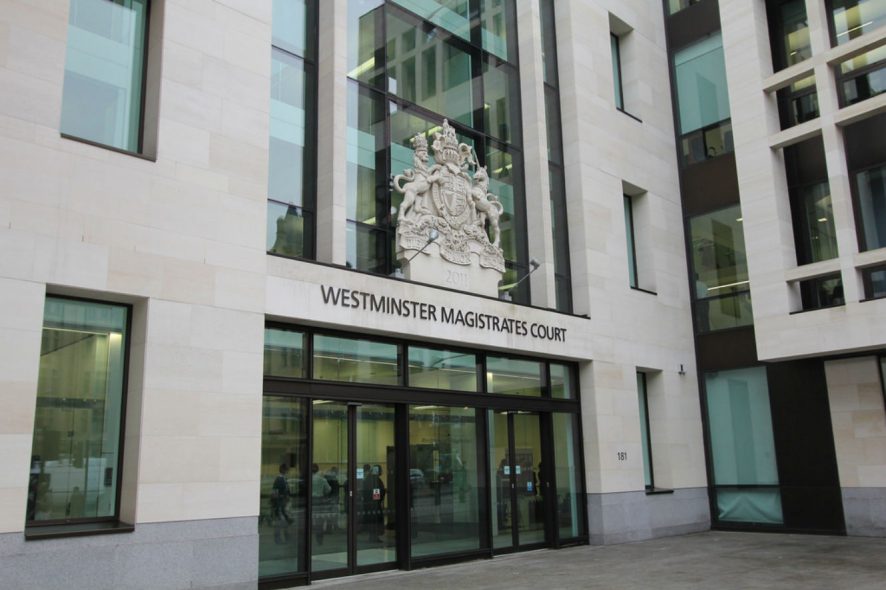Westminster Magistrates’ Court: A Single Judge Bench comprising of Senior District Judge (the Chief Magistrate) Emma Arbuthnot accepted the Government of India’s (GoI) extradition request for tycoon Vijay Mallya to face trial on charges of fraud and money laundering.
The Court considered the vast evidence placed on record by GoI and relying on the case of Devani v. Republic of Kenya, [2015] EWHC 3535 opined that there was a prima facie case that the funds loaned by Indian banks to Mallya were misused. A number of email trails were relied on to rule that he had misrepresented his net worth to the banks.
It was further held that there was a prima facie case of a conspiracy to defraud which involved not just the Kingfisher Airlines executives but also some bankers. There was clear evidence of misapplication of loan funds and thus there was a prima facie case of conspiracy to launder money was found against Mallya.
The Court also took note of Mallya’s concerns that the Central Bureau of Investigation (CBI) which had investigated this case was susceptible to political interference and was a “caged parrot” speaking with its master’s voice, especially by the ruling party BJP. The said concern was dismissed holding that there was no evidence showing that the present extradition request was, in fact, being made to prosecute him for his political opinions.
It was ruled that Mallya’s allegations against the professional integrity of Mr Rakesh Asthana, who leads the CBI and was the prosecutor of his case, was without any basis since the Supreme Court of India had cleared Mr. Asthana of allegations made against his integrity and there was no reliable or significant evidence produced by Mallya to support his averment.
Mallya argued against his extradition, saying Indian jails do not have proper air and light. The Court applied Othman criteria of Othman v. UK, (2012) 55 EHRR 1 to decide whether Mallya’s extradition would be compatible with his Convention rights within the meaning of the Human Rights Act, 1998. It viewed the video submitted by GoI and found clear assurance that the cell for Mallya’s lodging – Barrack No. 12 in Arthur Road Jail, Mumbai – had requisite living conditions where he would be able to obtain his medical treatment.
One might recall that the learned Judge’s demand for a video of Mallya’s barrack did not go down well with India and earlier this year PM Modi had told his British counterpart Theresa May that it was not right for Courts in her country to ask about the condition of Indian jails “as we still have the prisons where they jailed our leaders like Mahatma Gandhi and Jawaharlal Nehru.”[1]
Bearing in mind the findings of prima facie case, no evidence that the prosecution was politically motivated, and no lack of fair trial, Mallya’s contention of abuse of process was also dismissed.
In view of the above, Mallya’s case was sent to the United Kingdom Home Office (the British equivalent of Home Ministry) where Home Secretary, Sajid Javid would decide whether to order his extradition based on the verdict of the Magistrates’ Court.[Govt. of India v. Vijay Mallya, decided on 10-12-2018]
———————————————————————————————
[1] https://www.ndtv.com/india-news/pm-narendra-modis-sharp-retort-to-theresa-may-on-indian-jails-revealed-1858878







Civil cases